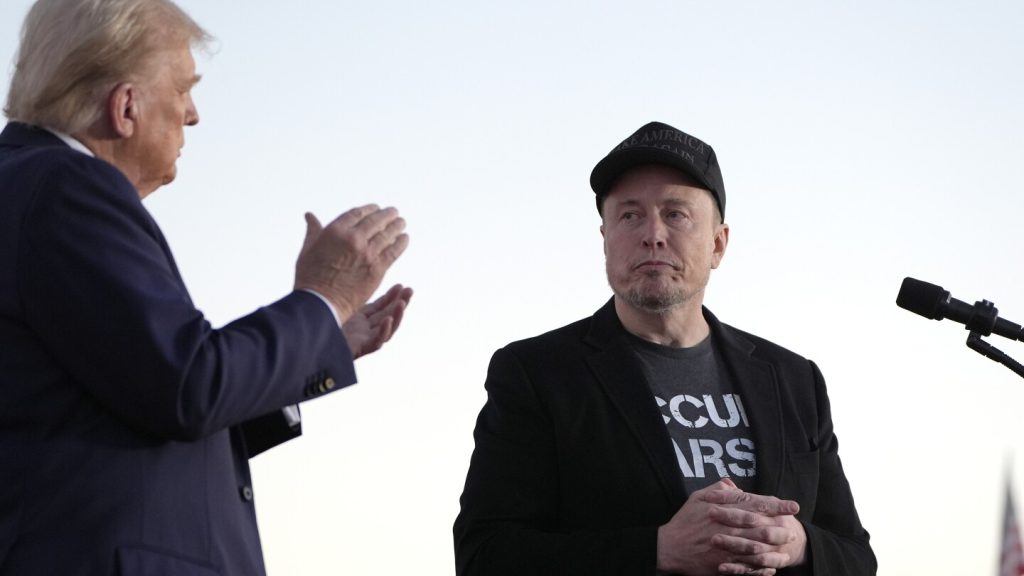A Federal Judge Steps In: Blocking Access to Sensitive Treasury Data
In a significant legal move, U.S. District Judge Paul A. Engelmayer issued a preliminary injunction preventing Elon Musk’s Department of Government Efficiency (DOGE) from accessing Treasury Department records containing sensitive personal data, including Social Security and bank account numbers for millions of Americans. This ruling came in response to a lawsuit filed by 19 Democratic attorneys general, led by New York Attorney General Letitia James, against former President Donald Trump. The lawsuit alleges that the Trump administration illegally granted DOGE access to the Treasury’s central payment system, which handles tax refunds, Social Security benefits, and veterans’ benefits, among other critical payments.
What is DOGE and Why It Matters
DOGE, established under the Trump administration, aims to identify and eliminate wasteful government spending. While supporters view DOGE as a necessary measure to curtail bloated government finances, critics express concerns over the unchecked power granted to Musk and his team. The department’s access to Treasury records has sparked widespread concern, particularly regarding the potential for data breaches and misuse of sensitive information. Despite these criticisms, Musk has defended DOGE on social media, touting its success in saving taxpayers millions of dollars.
Concerns Over Data Security and Legality
The lawsuit highlights serious concerns about data security and legality. Attorney General Letitia James emphasizes that DOGE’s unauthorized access poses significant risks, including potential illegal freezes of federal funds essential for healthcare, childcare, and other vital programs. Critics argue that DOGE’s actions may violate federal administrative law and the constitutional separation of powers, as Congress, not the executive branch, holds the authority to approve federal payments. Additionally, the lawsuit accuses Treasury Secretary Scott Bessent of altering data protection policies to grant DOGE access, jeopardizing the privacy of millions.
Reactions and the Road Ahead
Reactions to the lawsuit and injunction have been divisive. While Musk has mocked critics on social media, AG James and other Democratic leaders argue that the president cannot unilaterally share citizens’ private information or alter Congress-approved payments. Connecticut Attorney General William Tong likened DOGE’s actions to the largest data breach in U.S. history, warning of potential consequences. Meanwhile, the Treasury Department maintains that DOGE’s review aims to assess system integrity without making changes. However, sources suggest DOGE initially targeted payments by the U.S. Agency for International Development, aligning with Trump and Musk’s efforts to dismantle the agency.
Ongoing Legal Battles and Investigations
The legal battle is far from over, with a hearing scheduled for February 14. Additionally, Democratic lawmakers and labor unions have joined the fray, seeking investigations and filing lawsuits to block DOGE’s review of the payment system. A Washington judge has already restricted two employees’ access to "read only" privileges, indicating growing judicial scrutiny. As the situation unfolds, concerns about privacy, legality, and governmental overreach continue to stir debate.
Conclusion: Balancing Efficiency and Privacy in Governance
This case underscores the delicate balance between efficient government spending and the protection of citizens’ privacy. While DOGE’s mission to combat wasteful spending may resonate with some, the manner in which it operates has raised critical legal and ethical questions. The courts will ultimately determine whether DOGE’s actions are within legal bounds, but the broader debate highlights the need for transparency and accountability in government initiatives. As this legal saga progresses, it serves as a reminder of the importance of safeguarding personal data and upholding constitutional principles in the digital age.












